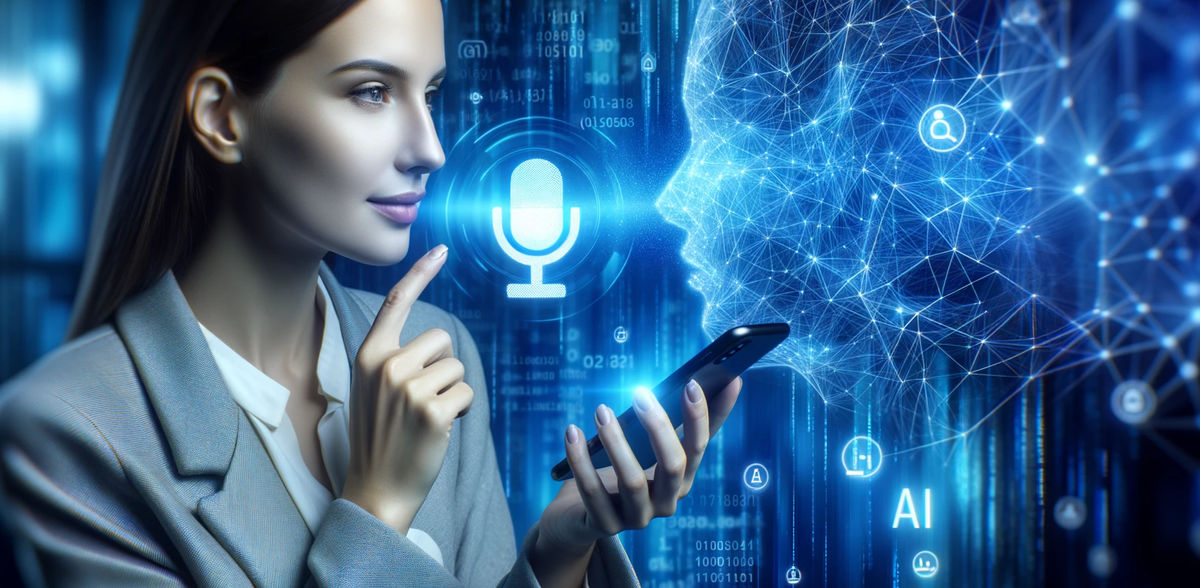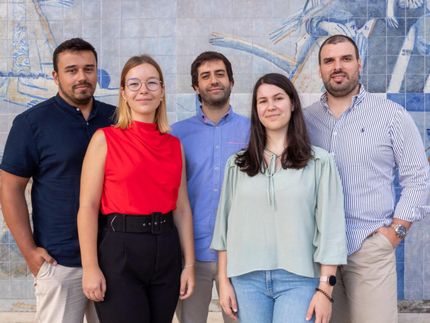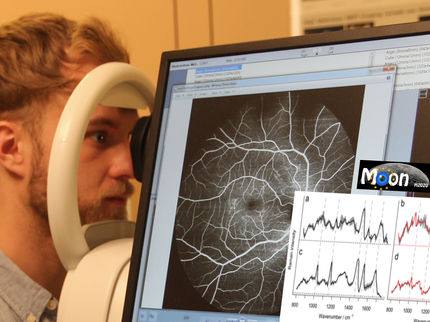AI and 10 seconds of voice can screen for diabetes
Scientists discover voice tech as potential game changer in Type 2 diabetes detection
Determining whether a person is diabetic could be as easy as having them speak a few sentences into their smartphone, according to a groundbreaking study from Klick Labs that combines voice technology with artificial intelligence in a major step forward in diabetes detection.
The new study, published in Mayo Clinic Proceedings: Digital Health, outlines how scientists used six to 10 seconds of people’s voice, along with basic health data, including age, sex, height, and weight, to create an AI model that can distinguish whether that individual has Type 2 diabetes. The model has 89 percent accuracy for women and 86 percent for men.
For the study, Klick Labs researchers asked 267 people (diagnosed as either non- or Type 2 diabetic) to record a phrase into their smartphone six times daily for two weeks. From more than 18,000 recordings, scientists analyzed 14 acoustic features for differences between non-diabetic and Type 2 diabetic individuals.
“Our research highlights significant vocal variations between individuals with and without Type 2 diabetes and could transform how the medical community screens for diabetes,” said Jaycee Kaufman, first author of the paper and research scientist at Klick Labs. “Current methods of detection can require a lot of time, travel, and cost. Voice technology has the potential to remove these barriers entirely.”
The team at Klick Labs looked at a number of vocal features, like changes in pitch and intensity that can’t be perceived by the human ear. Using signal processing, scientists were able to detect changes in the voice caused by Type 2 diabetes. Surprisingly, those vocal changes manifested in different ways for males and females, Kaufman said.
A Potential New Screening Tool for Undiagnosed Diabetes
Almost one in two, or 240 million adults living with diabetes worldwide are unaware they have the condition and nearly 90 percent of diabetic cases are Type 2 diabetes, according to the International Diabetes Federation. The most frequently used diagnostic tests for prediabetes and Type 2 diabetes include the glycated hemoglobin (A1C), along with the fasting blood glucose (FBG) test and the OGTT–all which include a trip to a healthcare provider for patients.
Yan Fossat, vice president of Klick Labs and principal investigator of this study, said Klick’s non-intrusive and accessible approach offers the potential to screen vast numbers of people and help identify the large percentage of undiagnosed people with Type 2 diabetes.
“Our research underscores the tremendous potential of voice technology in identifying Type 2 diabetes and other health conditions,” Fossat said. “Voice technology could revolutionize healthcare practices as an accessible and affordable digital screening tool.”
Fossat said next steps will be to replicate the study and expand their research using voice as a diagnostic in other areas such as prediabetes, women’s health and hypertension.
This latest discovery is enabled by Klick Labs’ over a decade of expertise and investment in machine learning, data science and artificial intelligence, across several therapeutic areas, including the diabetes space. Their “Homeostasis as a proportional–integral control system” study, published in Nature Digital Medicine in 2020, was also based on mathematical modeling to determine some of the underlying changes in how glucose is regulated. More recently, their “Screening for Impaired Glucose Homeostasis: A Novel Metric of Glycemic Control” study appeared in Mayo Clinic Proceedings: Digital Health.
Original publication
Other news from the department science
Most read news
More news from our other portals
See the theme worlds for related content
Topic world Diagnostics
Diagnostics is at the heart of modern medicine and forms a crucial interface between research and patient care in the biotech and pharmaceutical industries. It not only enables early detection and monitoring of disease, but also plays a central role in individualized medicine by enabling targeted therapies based on an individual's genetic and molecular signature.

Topic world Diagnostics
Diagnostics is at the heart of modern medicine and forms a crucial interface between research and patient care in the biotech and pharmaceutical industries. It not only enables early detection and monitoring of disease, but also plays a central role in individualized medicine by enabling targeted therapies based on an individual's genetic and molecular signature.



























































